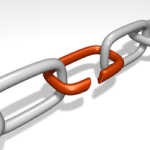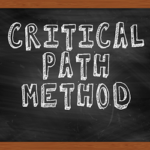
Carpenters have hammers, plumbers have wrenches, and programmers have computers. But does a project manager have any tools which help them perform their work better, quicker, or cheaper? Absolutely! In fact, if you don't use these tools you will be at a serious disadvantage to other project managers. And if you do, your career will see an order of magnitude return … [Read more...]












